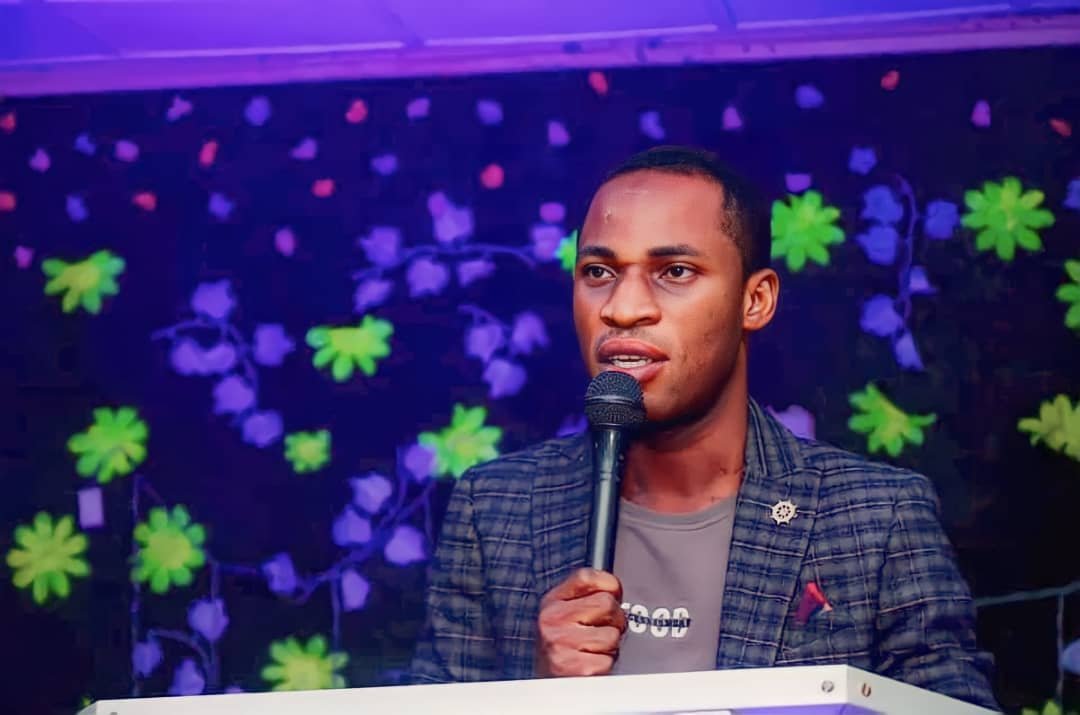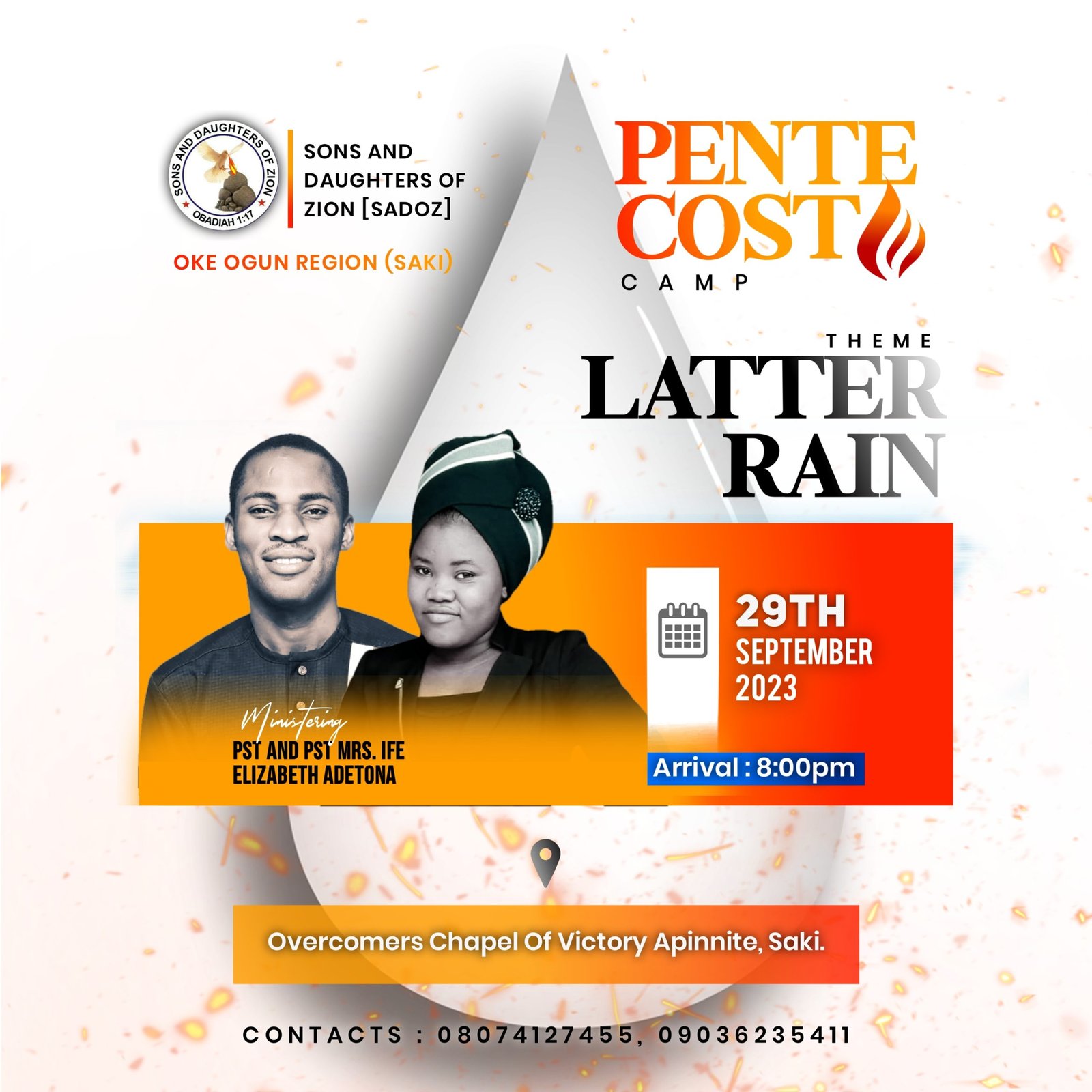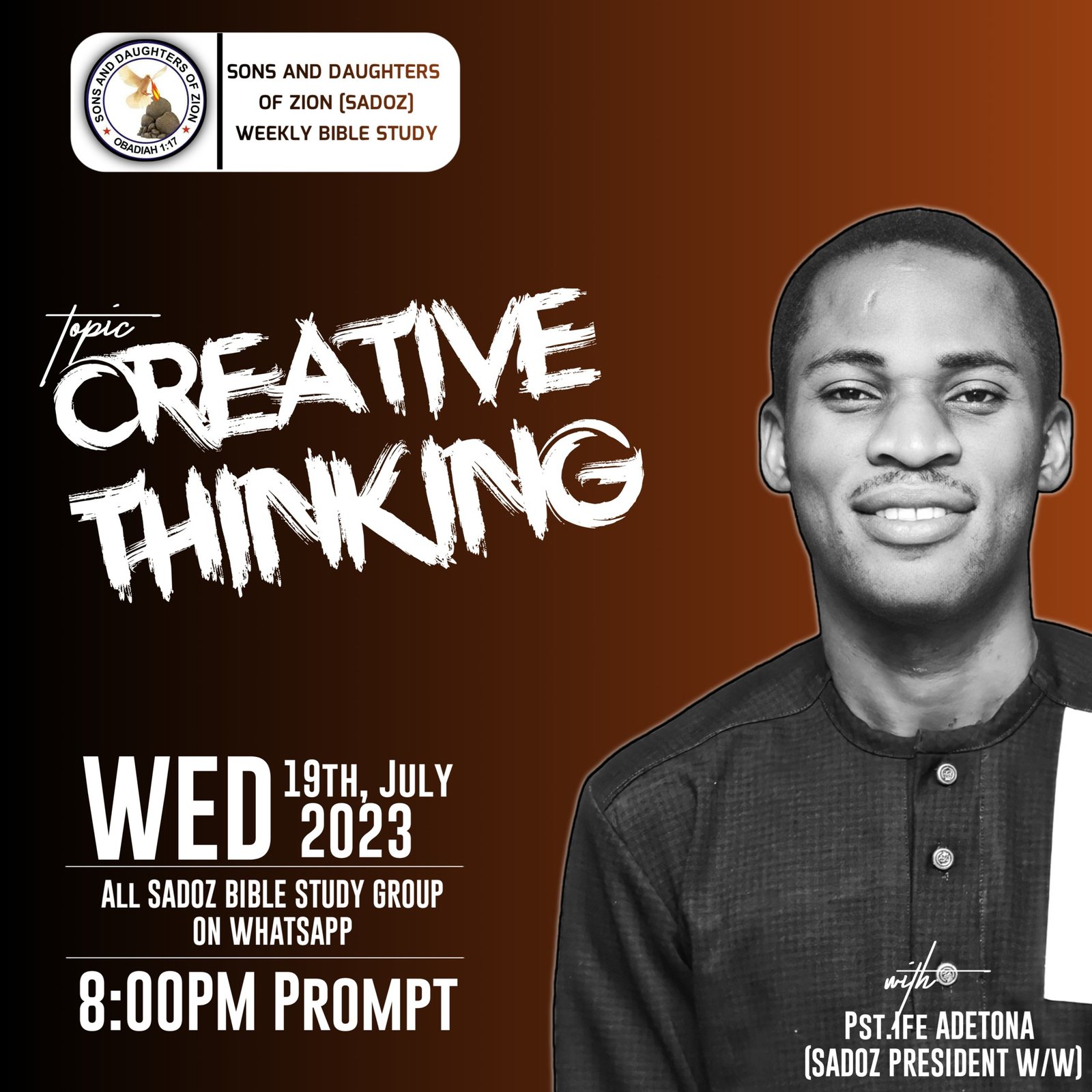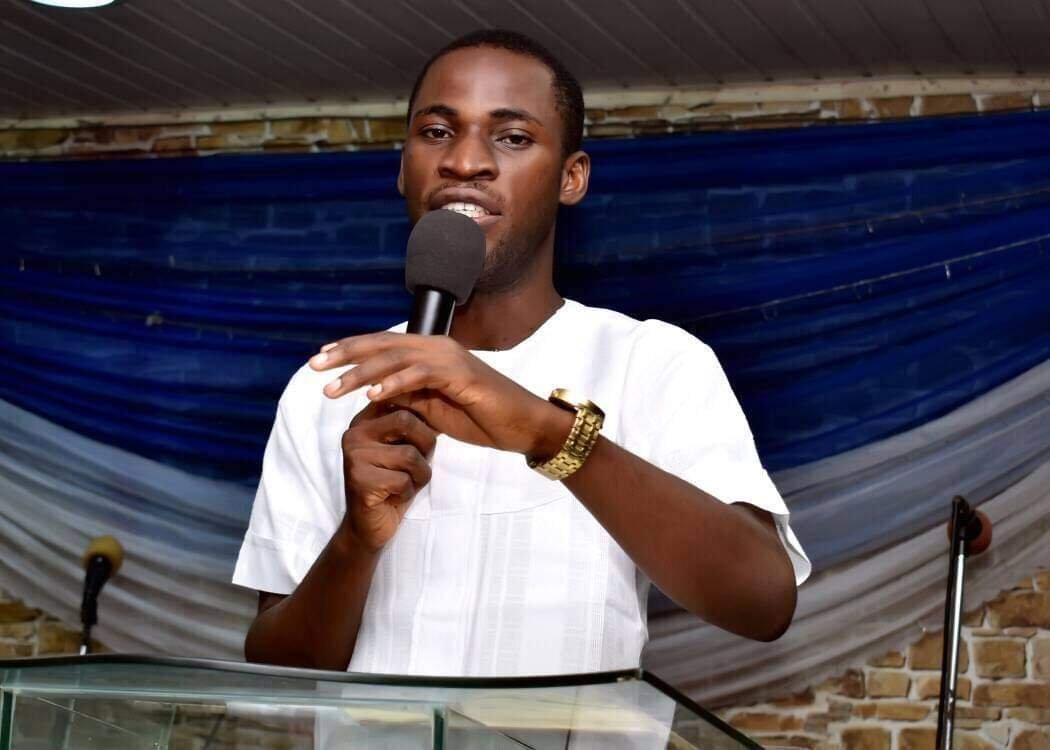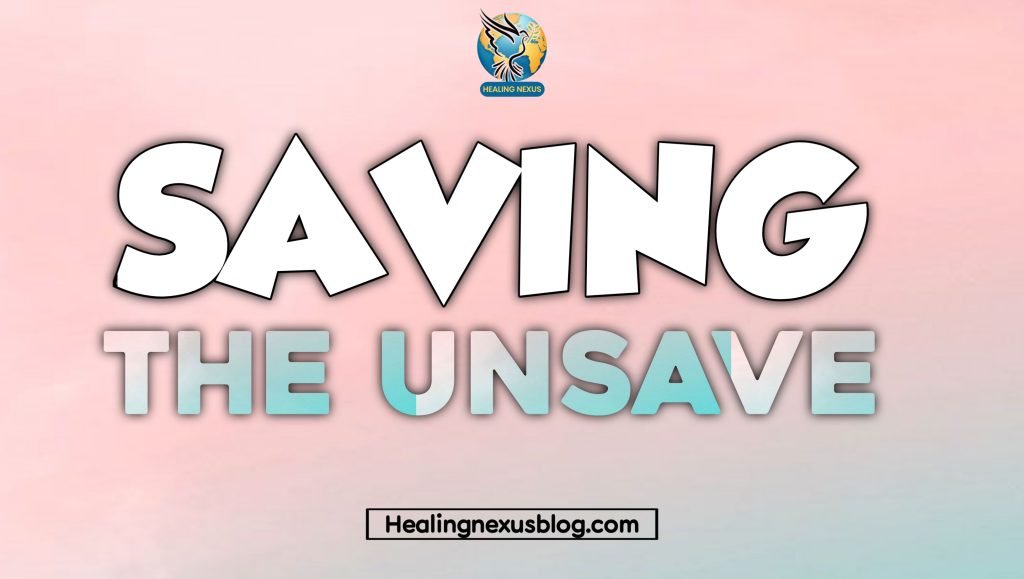Eternal LORD, we receive your glory tonight! We receive your word. We receive a change of life in JESUS NAME.
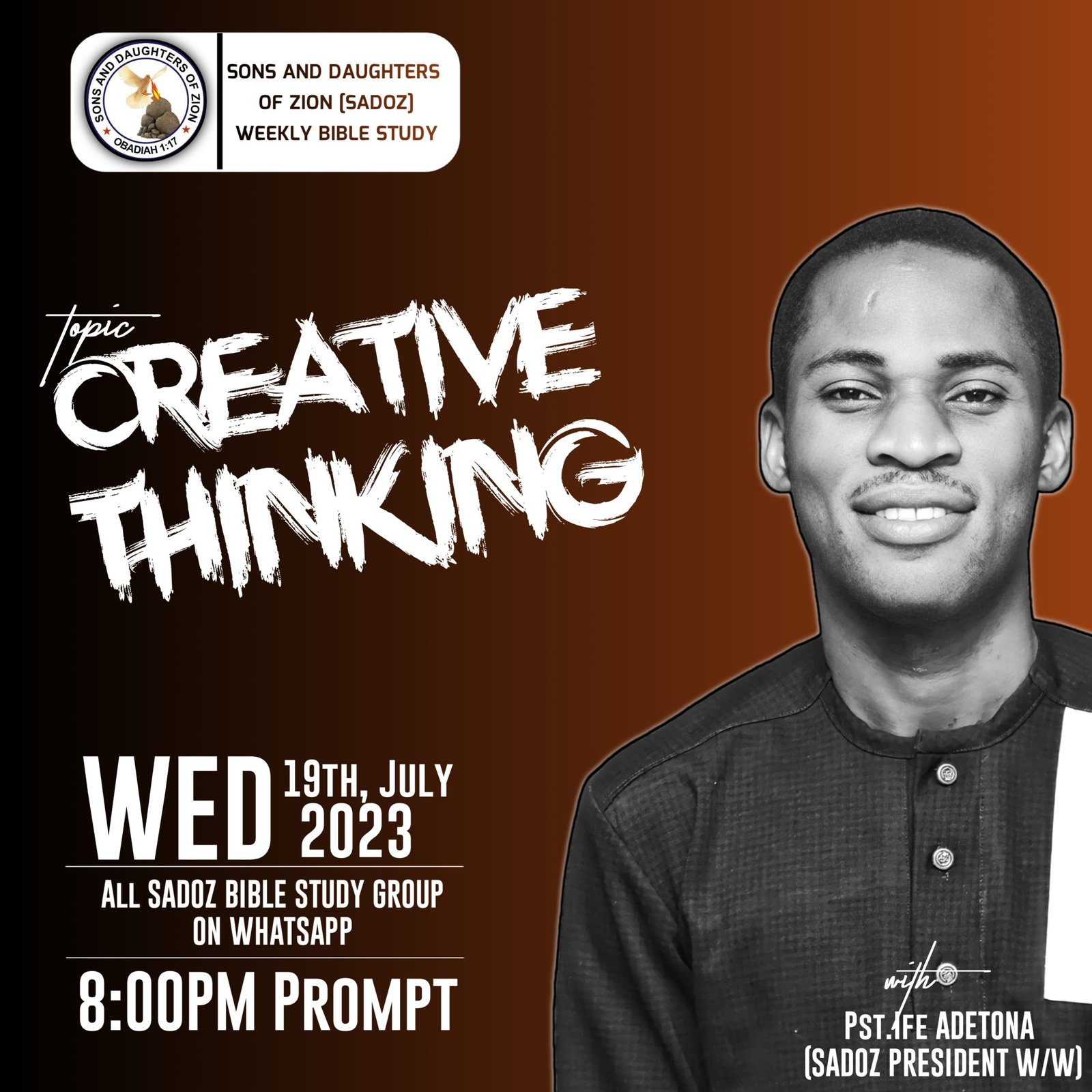
CRITICAL THINKING SKILLS
If you are a leader, it doesn’t show in the amount of money you have or in your volume of muscle. It tells in your mental capacity. A fundamental mental strength of a leader is his CRITICAL THINKING SKILL. A leader possesses critical reasoning ability. They can reason wide, fast, and very deep. Call it 3D – 3 dimensional. A leader builds his critical thinking skills by pondering on every matter around him. An incident other people would see and ignore could form a great deliberation for a leader. When the current president removed subsidy and the price of PMS went up but Gas and Diesel went down….did you ask why? A leader questions everything. A leader will not allow events to pass by but would seat to examine, study, and understand it. Isaac Newton was walking on a certain day when an apple fell on him from a tree. That was not the first time apples will fall all around but that day Isaac was compelled to ask a question: why did it fall? Why didn’t it stay up?
I think all of us are born with critical thinking skills but we lost it somehow between our growth. That’s because a child will normally ask these critical questions. Why did it have to come down? That was how he propounded the law of gravity which has also helped in many inventions today.
Leaders don’t allow issues pass on without asking probing questions and getting answers to them. At a time, I realized that most questions people asked me from the Scriptures as a minister were questions which I had asked myself and provided answers to long ago. Let me tell this, CRITICAL THINKING is the route to becoming wise! You may say that the Wisdom of Solomon was divinely inspired by God but there were things Solomon did that aided the manifestation of his wisdom. One important of those things was that he intentionally applied his hearts to critical thinking. Throughout the book of Ecclesiastes, you will see Solomon saying: “I considered,” “I observed,” “I thought,” “I studied,” etc.
Ecclesiastes chapter 4:1 KJV: So I returned, and considered all the oppressions that are done under the sun: and behold the tears of such as were oppressed, and they had no comforter; and on the side of their oppressors there was power; but they had no comforter. Ecclesiastes 8:16 KJV says, “When I applied mine heart to know wisdom, and to see the business that is done upon the earth.” Verse 17 says that then I beheld all the work of God, that a man cannot find out the work that is done under the sun: because though a man labor to seek it out, yet he shall not find it; yea farther; though a wise man think to know it, yet shall he not be able to find it.
In Chapter 9, Solomon said, “I considered in my heart even to declare all this, that the righteous, and the wise, and their works, are in the hand of God: no man knoweth either love or hatred by all before them.” After observing and considering lots of issues in his heart, Solomon would say, “I concluded.” That is critical thinking. He ensured that he got answers to all the questions in his heart. It was after Solomon got answers to many issues that people came to asked him questions about those things, and he gave good answers to them all. I have seen the same thing play out in my life at different times. I would have contemplated an issue and gotten the answer before questions would be raised from people. When I give them answers, they often wonder how I was able to solve such a complex matter in a little time.
Solomon, at a point, pondered on the causes of poverty and he concluded that one of the greatest causes of poverty is laziness. The Bible explained that the queen of Sheba got answers to all the questions of her heart and many other issues. It was easy for Solomon to give answers to her because those questions were what he had contemplated severally before that day. After that visit, the queen of Sheba gave her remarks on Solomon. And when the queen of Sheba had seen all Solomon’s wisdom, and the house that he had built, and the meat of his table, and the sitting of his servants, and the attendance of his ministers, and their apparel, and his cupbearers, and his ascent by which he went up unto the house of the LORD; there was no more spirit in her. And she said to the king, “It was a true report that I heard in mine own land of thy acts and of thy wisdom. Howbeit I believed not the words, until I came, and mine eyes had seen [it:] and, behold, the half was not told me: thy wisdom and prosperity exceedeth the fame which I heard.” (1 Kings 10:4-7)
HOW TO DEVELOP CRITICAL THINKING SKILL
A. Think about Everything
Behind every human invention, there is a critical thinker. When you are a critical leader, you will think about several things. You will ask why a thing is the way it is and why it is not otherwise. Critical thinkers will even think about issues that are actually not their business. When they see movies, they don’t just watch; they put their minds on more important things in the movie. A critical thinker will ask how the eyes work and how the nose works the way it does. They will ask how electricity is generated and how airplanes fly. Because Solar has become rampant these days, I see solar panels everywhere. I have been asking, how does the solar system work? I found out that there is a battery in every solar system, unlike regular electricity. It is this battery that the solar would charge. Then the battery would power the appliances. Remember our forefathers used to PUT BAD BATTERY IN SUNLIGHT? Someone thought further than that, collects the sunlight through a panel, and converts it into electricity. The electricity travels via a wire. This wire charges a battery you place in the room. That’s my personal thought and outcome. Now, I am asking, does a solar panel come in the form of a pattern and usually in white lines and black pattern? I may need Google to get the answer, and I would! That is CRITICAL THINKING! Behind every human invention, there is a critical thinker. A thinker asked why should we settle with a fan and went further to invent the air conditioner. It was a critical thinker that felt the radio is not enough and invented the television. Thinkers do not allow situations to bypass them without being examined critically in their minds.
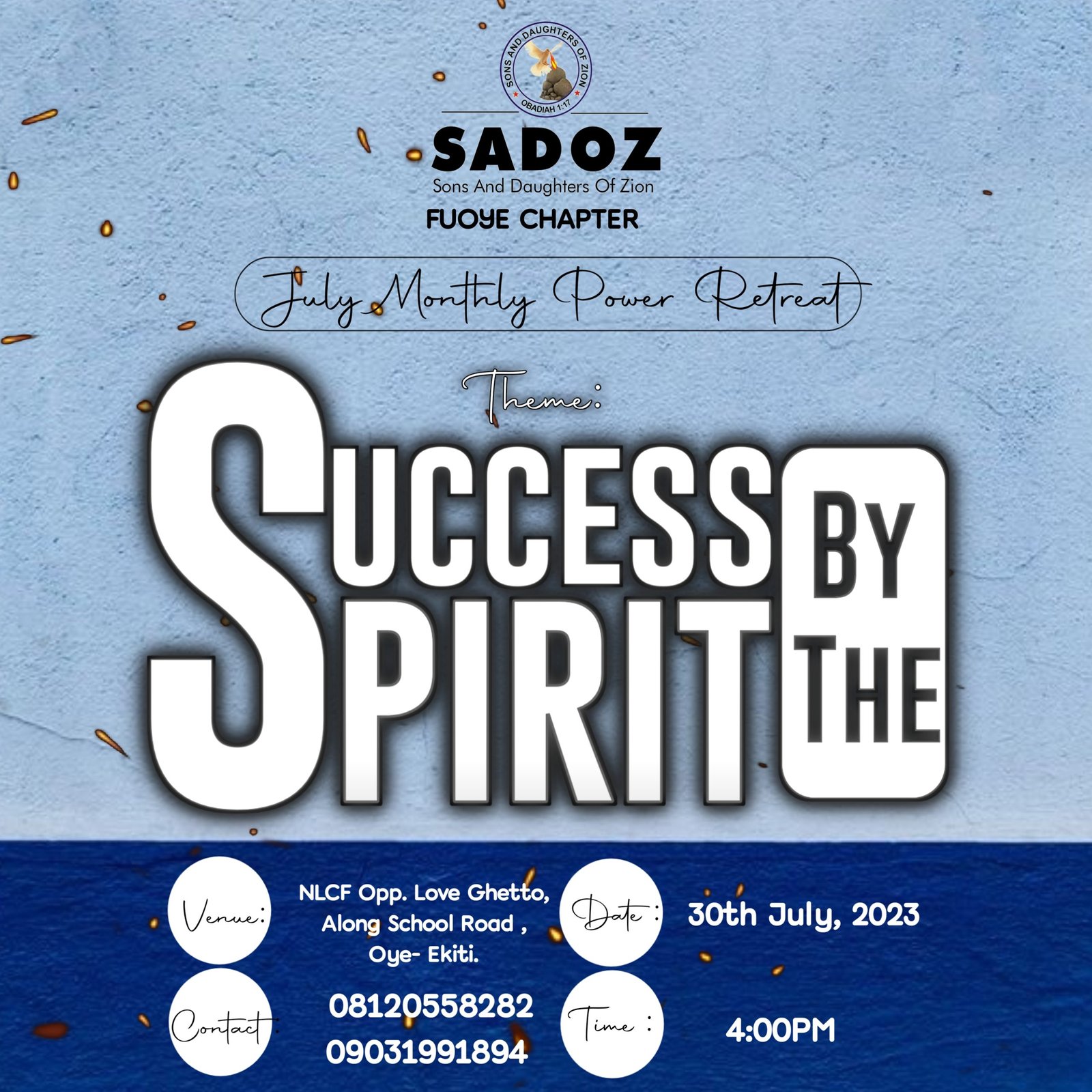
Value of Critical Thinking
-
Every successful leader thinks, and they think critically. They analyze situations and determine the possible consequences ahead of time. They aren’t surprised by certain events because they were expecting them. As KOINONIA LEADERS, you are to apply critical thinking to your work. It is a platform to build that part of you. If I were you, I would ask, WHY THOSE WHO ARE HAVING HIGH ATTENDANCE ARE HAVING HIGH ATTENDANCE AND WHY THOSE WHO ARE HAVING LOW ATTENDANCE ARE HAVING A LOW ATTENDANCE. And for JULY, some are having 100+ people; they face the same challenge you are facing. Members don’t respond. They promised to come and didn’t show up. They are mostly students. They are working class. In spite of that, they have great attendance. What are they doing differently? That’s critical thinking. You can ask them, I have tagged them.
-
Another effect of critical thinking is that it enlarges the heart. Your heart would be able to convey several logical thoughts on different situations, including seemingly contradictory ones. Your heart will always be able to process information within split seconds. I said earlier that critical thinkers would have pondered over an issue before they are asked about it. It is not all questions that they are familiar with, but immediately they are asked, their minds would process it and infer from other related matters to give a meaningful conclusion within a short period of time. I am sure you want to be like that, like that man that has an answer to almost everything! Should I stop here? Critical thinking improves one’s sense of judgment. Thinkers don’t look at things the way other people see it, and so they are able to diagnose situations rightly. They look for the motive behind issues and not just the situation. The Bible talking about Jesus said the Spirit of God will make Him a man of quick understanding, and He will not judge after the sight of His eyes or reprove after the hearing of his ears (Isaiah 11:3). He would see beyond what others see. When the Jews brought a woman caught in adultery to Jesus, Jesus saw beyond the act and judged the situation from their motives. That is what critical thinking does. Critical thinkers are both realistic and idealistic.
-
Critical thinkers are both realistic and idealistic. To be idealistic means to know and understand the status quo but would refuse to settle for it. They want to bring out new things. That is why all inventors are critical thinkers. A critical thinker will ask how he can move from where he is to another point. A critical thinker does not just wail about the situation; he invents solutions. A critical thinking leader prepares for the future far ahead. Many roads that we ply today in major cities across Nigeria were constructed at a period where all the cars in those cities were not even up to 100. Today, those roads serve hundreds of thousands of commuters daily. It takes a critical leader to assess the situation and plan a road for the future. The political leaders we have today construct roads that don’t last beyond their tenure. The book of Proverbs 22:3 says that a prudent man foresees the evil and hides himself, but the simple pass on and are punished. It is said that the highest paid skill in the world is thinking.
-
I want to stop here. I only mentioned one way to develop CRITICAL THINKING SKILL. Let me state two more:
B. Read books.
C. Get answers to your critical questions.
I release the BAPTISM OF CRITICAL THINKING UPON YOU IN JESUS’ NAME.
